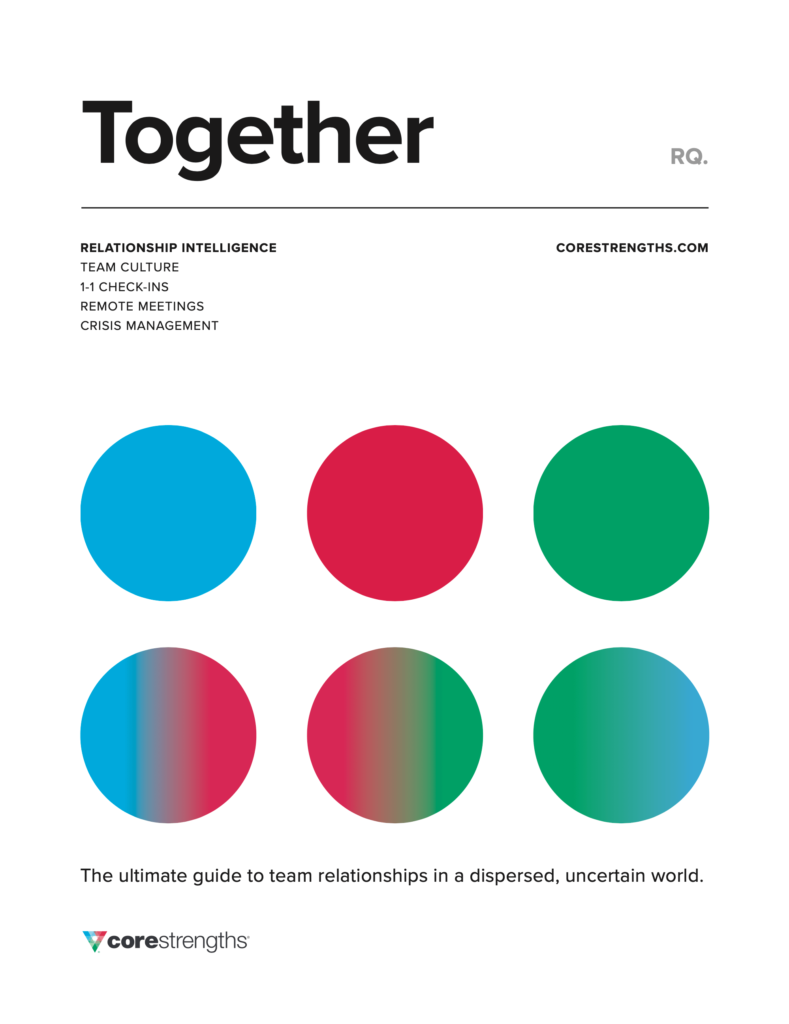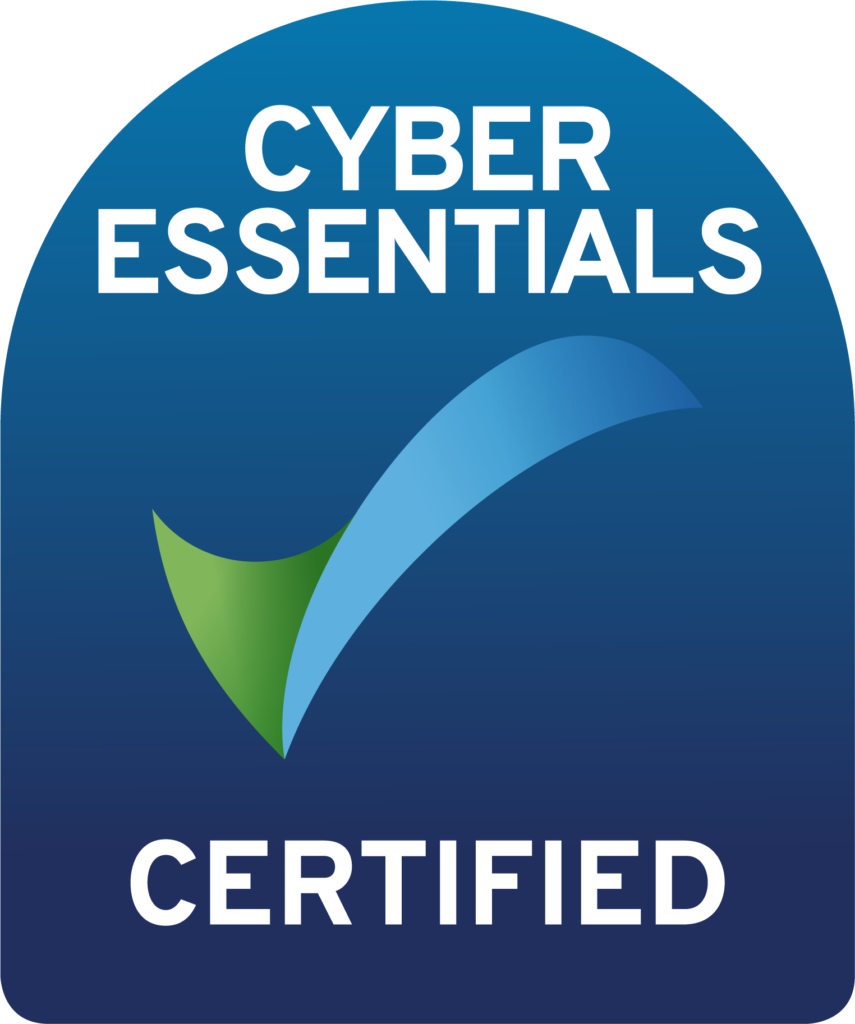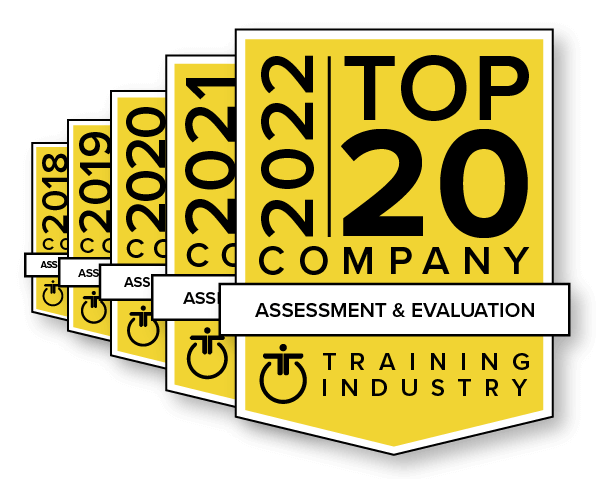What’s the Score?
Even though it will be impossible to validate this assertion, I’ll go on record with it nonetheless. I believe What’s the score? is the most uttered question in the English language. At a minimum, it’s in the top ten.
Think about it. If you’re at a game or watching one on television, and you leave for a few minutes to get a snack or use the restroom, what are the first words out of your mouth when you return? Of course, it’s What’s the score? If you’re a busy mom or dad who arrives late to Junior’s game, what do you want to know? See, you’re getting it.
Keeping score is how we determine who wins and in most cases, how well each team played on that particular day. It’s also a reflection of the team’s conditioning, preparation, and strategy. In some cases, the final result may also be affected by factors like the condition of the field, calls made by officials, and even a bit of luck. Yet, we always want to know the score.
Keeping score led the Pawtucket Red Sox and Rochester Red Wings of Baseball’s Triple-A International League to play 33 innings over the course of 66 days to determine the winner. Powerfully described in Dan Barry’s book, the longest game in professional baseball history set all sorts of records:
- Most innings: 33
- Total time for one game: 8 hours, 25 minutes
- Most putouts by one time in one game: 99
- Most total putouts in one game: 195
- Most at-bats for one team in one game: 114
- Most total at-bats in one game: 219
- Most strikeouts (batting) by one team in a one game: 34
- Most total strikeouts in one game: 60
- Most total assists in one game: 88
- Most at-bats by one player in one game: 14
- Most strikeouts (batting) by one player in a game: 7
Stats-obsessed fans might also be interested in knowing that two future Hall of Famers, Cal Ripkin Jr. and Wade Boggs, played in that 1981 marathon.
By the way, Pawtucket won the game, 3-2.
In professional sports, it’s unimaginable to think about playing games just for fun. Yet, those of us who consider ourselves learning and development professionals seem to be playing for fun much of the time–because we don’t keep score. What scorekeeping we do is often relegated to determining the immediate reaction of our learners through a simple Kirkpatrick Level 1 evaluation. More important data about how your training is affecting behavior or impacting your organization is found at the higher levels of the evaluation ladder, but in my experience, most organizations don’t make the effort to pursue it.
Why? Because it can be difficult. Yet, if talent development folks are to ever achieve the degree of influence and respect they deserve, they have to find a way to demonstrate how their efforts impact people and results. In other words, they need to produce some sort of scorecard.
This is especially challenging when it comes to training that involves relational skills necessary for better communication, coaching, and teamwork. Core Strengths has taken on this challenge with new Relationship Intelligence (RQ) Impact resources that help you more easily determine how people are using insights from the SDI 2.0 assessment, Results through Relationships training, or the Core Strengths Platform in their daily work. These free surveys provide some standard questions that explore the value of the tools or training from the individual learner’s perspective and more importantly, how learners are putting insights into action as they relate to others at work. There is also the ability for learning leaders to customize questions to explore behaviors or issues that are strategically important to the business.
If you’re already using Core Strengths and want to learn more about measuring the impact of RQ, please contact your client partner, area vice president, or the consultant who supports you. If you’re not yet using Core Strengths to develop people and drive team performance, then you clearly don’t know the score.
And of course, everyone wants to know the score.








